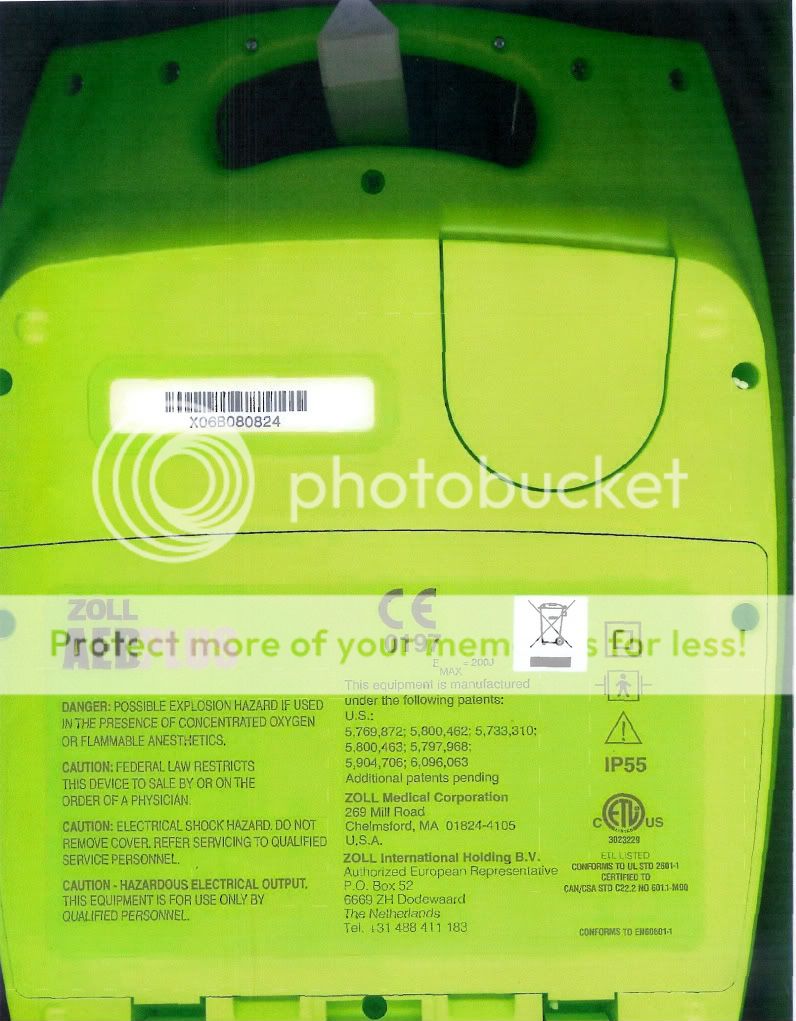I have a friend who works for a fairly small subsidiary of a very large company. He says that his employer has one person working for them that used to be an EMT who has a jump kit and maybe O2 in his desk, and now the employer wants my friend to also be prepared with a jump kit and O2 for other employees if a medical emergency arises. My friend is a lifeguard and certified in Pro Rescuer CPR and First Aid, so he is by no means an EMT. The employer wants to go through Administering O2 and Bloodborne Pathogens material with him, but not give him a cert card in them.
It definitely sounds like there is something fishy going on here, and I would like to advise him as to what the employer would need in order to legally provide first aid care and medical oxygen to their employees. I don't know what is in the jump kits, but can probably find out. The O2 is what concerns me though.
I figure that they need a standing order from a physician for the O2, certain training for the employees who will be administering aid (First Responder maybe) and possibly some kind of medical control?
The business is in Connecticut.
Does anyone know for sure?
Thanks
It definitely sounds like there is something fishy going on here, and I would like to advise him as to what the employer would need in order to legally provide first aid care and medical oxygen to their employees. I don't know what is in the jump kits, but can probably find out. The O2 is what concerns me though.
I figure that they need a standing order from a physician for the O2, certain training for the employees who will be administering aid (First Responder maybe) and possibly some kind of medical control?
The business is in Connecticut.
Does anyone know for sure?
Thanks


